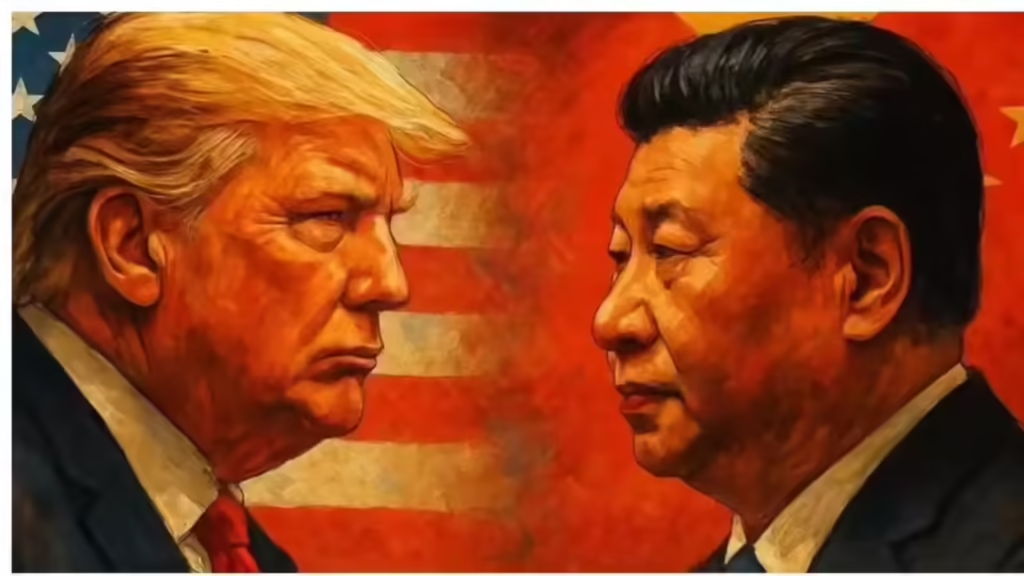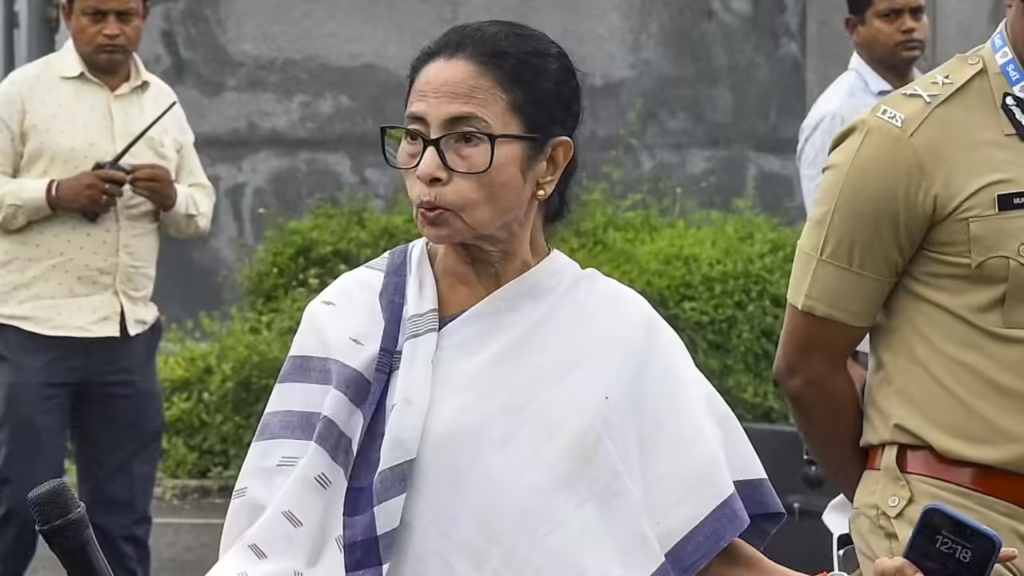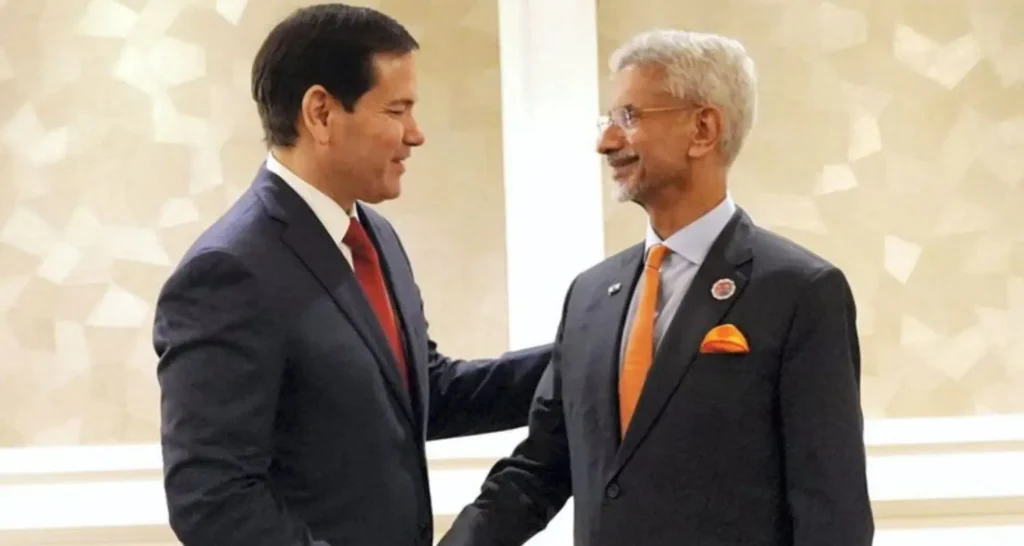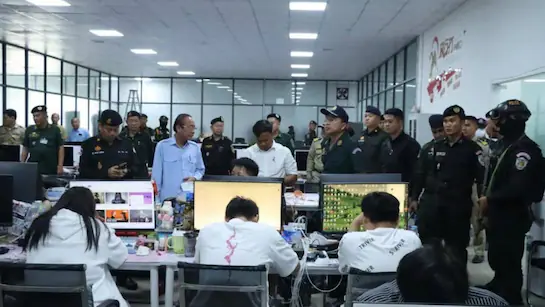Now Reading: Shawl Diplomacy and Slow Progress Mark CM Omar Abdullah’s First Year in Jammu and Kashmir
-
01
Shawl Diplomacy and Slow Progress Mark CM Omar Abdullah’s First Year in Jammu and Kashmir
Shawl Diplomacy and Slow Progress Mark CM Omar Abdullah’s First Year in Jammu and Kashmir
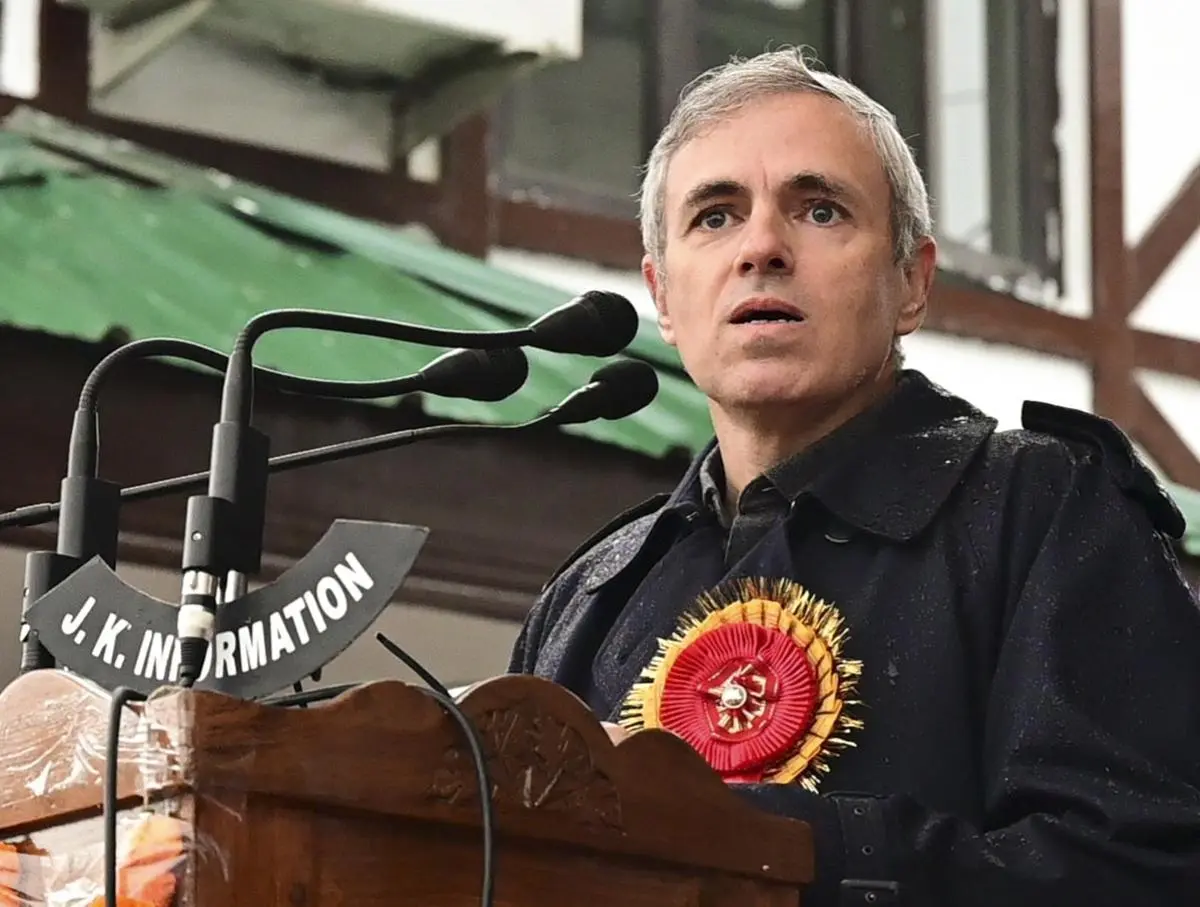
One year into his tenure, Jammu and Kashmir Chief Minister Omar Abdullah’s administration has been characterized by cautious diplomacy with New Delhi and a pace of governance that many describe as slow. While Abdullah has focused on building bridges with the central government, the delivery of key development projects and reforms has yet to gain visible momentum, leaving residents and political observers evaluating the impact of his first year in office.
Officials say Abdullah’s approach, often referred to as “shawl diplomacy,” involves careful negotiations with the Union government to secure funding and policy support for the state. This strategy aims to balance regional aspirations with practical governance, especially in areas like infrastructure development, education, and health services. However, critics argue that the cautious approach sometimes slows the implementation of urgent local initiatives.
The administration has made strides in administrative reforms and has prioritized dialogue with local stakeholders, including community leaders and youth organizations. Efforts to enhance tourism and revive handicrafts, especially the shawl and weaving industry, are underway, reflecting Abdullah’s focus on economic revival. Yet, the impact of these efforts remains gradual, and many projects are still in the planning or early execution phase.
Political analysts note that governance in a sensitive region like Jammu and Kashmir often requires balancing multiple pressures, including security concerns, public expectations, and central oversight. While slow, Abdullah’s methodical approach aims to prevent policy missteps and maintain political stability, particularly in Tier 2 cities and rural districts where administration is directly felt by citizens.
For residents, the first year has been a mix of cautious optimism and patience, as the government works to deliver tangible results. The coming months will be critical in determining whether Abdullah’s measured diplomacy can translate into accelerated development and improved public confidence.








